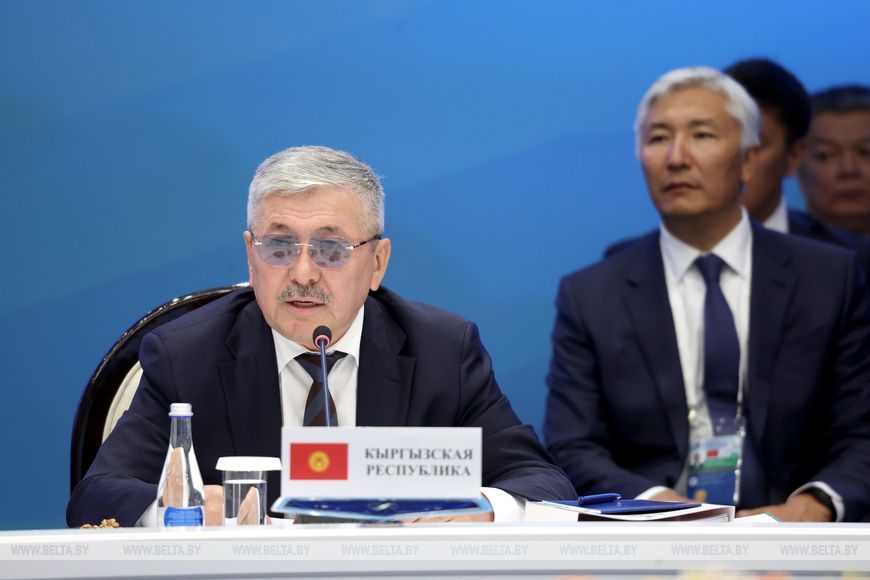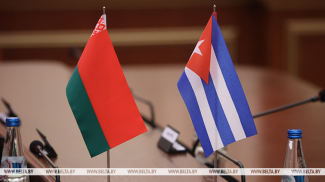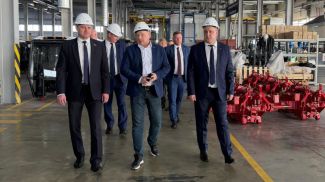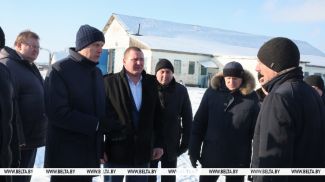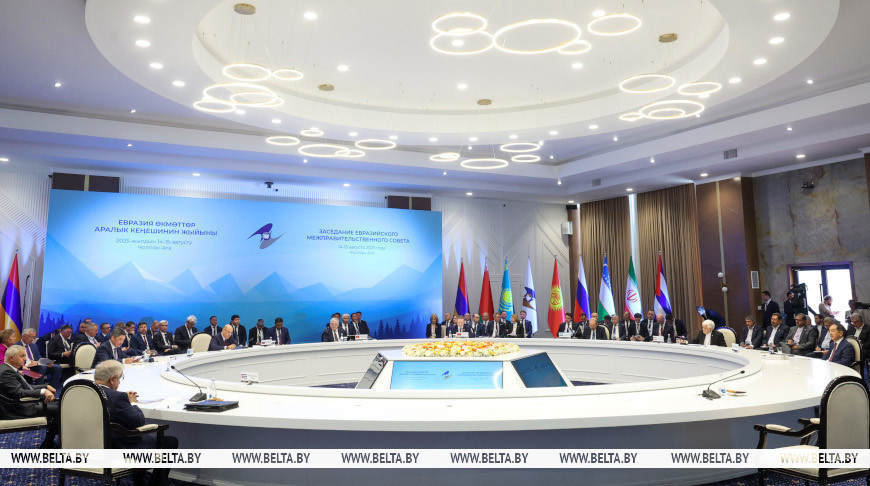
MINSK, 15 August (BelTA) - Belarus suggests establishing systemic tools to support food market stability within the Eurasian Economic Union (EAEU), Belarusian Prime Minister Aleksandr Turchin said at an expanded-format meeting of the Eurasian Intergovernmental Council in Kyrgyzstan on 15 August, BelTA has learned.
"Paradoxically, even in the 21st century, food security remains a global concern. Climate change, sharp price fluctuations, regional conflicts, and sometimes just the shortage of certain products threaten stable access to safe and high-quality food. In the EAEU, food self-sufficiency exceeds 90%. To ensure balanced development of the union's common markets, work has been done to forecast agricultural sector trends, including supply and demand balances for key agricultural goods,” Aleksandr Turchin said.
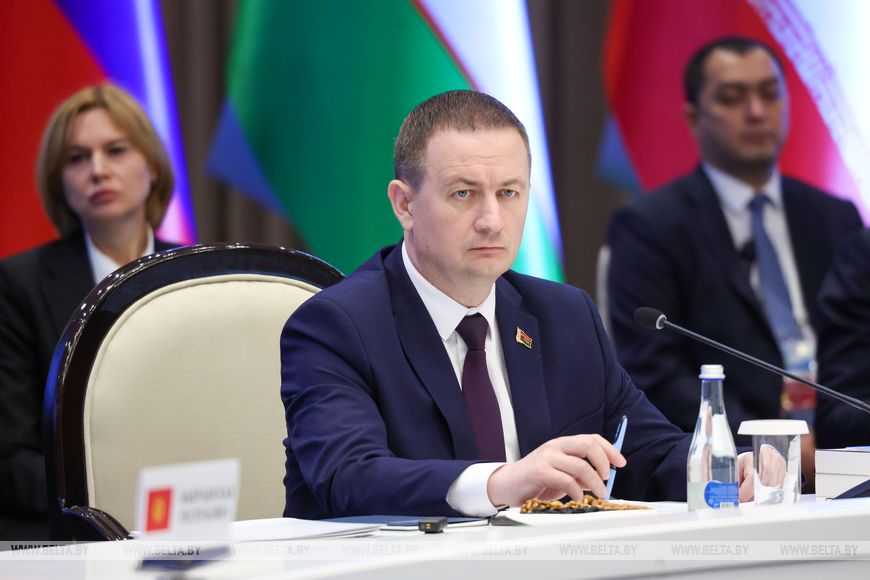
“To minimize risks, we should consider creating systemic tools within the union to support food market stability. I hope we will soon launch a financial support mechanism for joint cooperation projects in this field. We must also focus on developing common approaches to scientific and innovative activities, as well as strengthening cooperation in the digital transformation of the agro-industrial complex,” the prime minister emphasized.
He stressed the need to continue removing barriers within the EAEU's internal market. “Since 2016, about 70 barriers have been eliminated through joint efforts by the commission and member states. Under soft law provisions, the EAEU countries have independently resolved over 20 additional obstacles with barrier-like characteristics. As a result, goods and suppliers from the EAEU member states now enjoy national treatment in procurement, easier branch establishment, and reduced accreditation fees. Numerous other barriers in treaty-defined areas have also been removed, demonstrating the positive impact of this work,” the Belarusian head of government said.
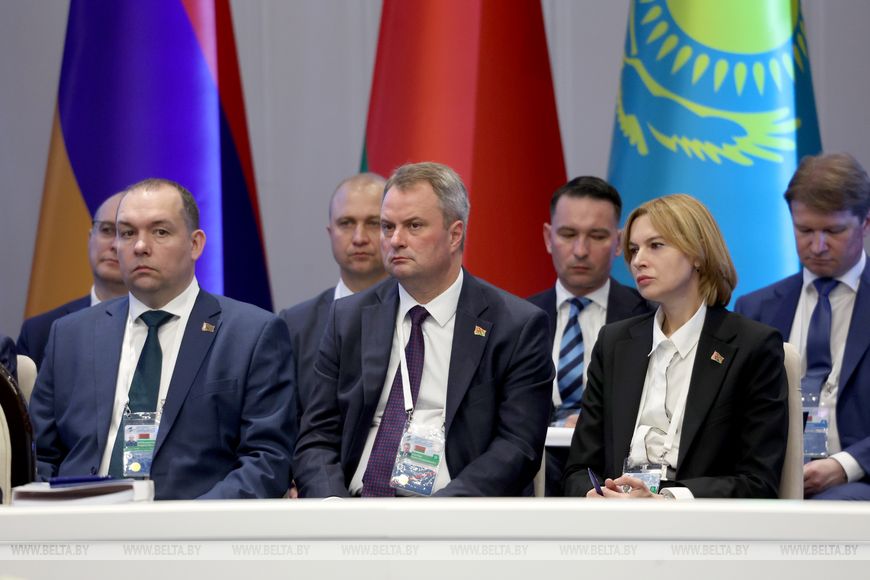
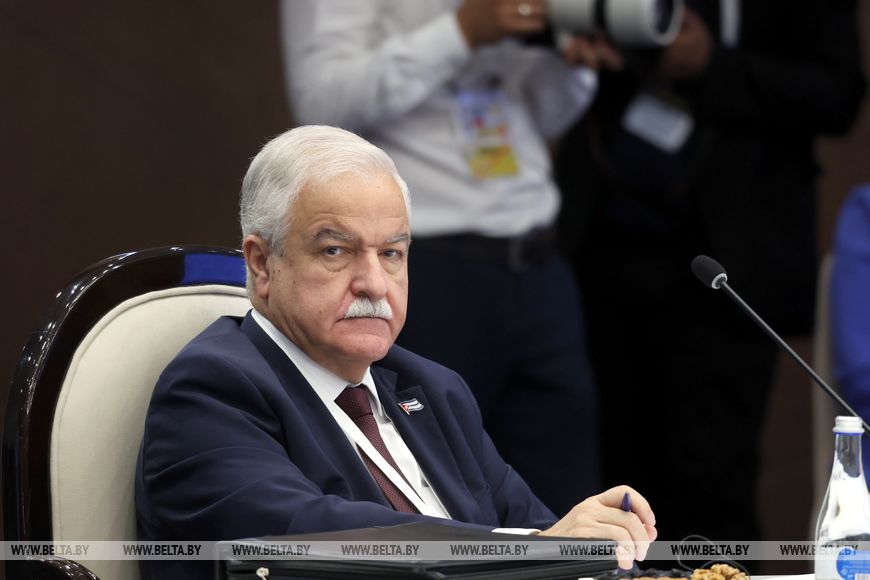

“However, remaining obstacles in the internal market reduce the union's efficiency. It is crucial to assess not only the barriers themselves but also their impact on the overall functioning of the union, including individual markets. We must analyze the root causes of these barriers and find mutually acceptable solutions within the EAEU legal framework that serve all member states' interests. Further improvements in identifying and eliminating internal market obstacles should also remain a priority,” Aleksandr Turchin added.

